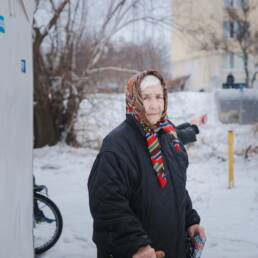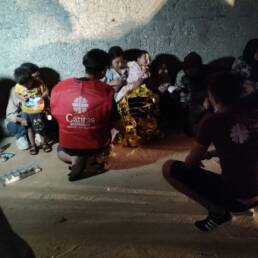The hotspot approach was launched by the European Commission in May 2015, in its European Agenda on Migration.
According to the Commission, the hotspot approach aims at ensuring a better collaboration between national authorities and European agencies (European Asylum Support Office, Frontex, and Europol) which will work together in one point to swiftly identify, register, and fingerprint incoming migrants to facilitate the relocation process and to ensure a fair distribution of refugees between EU Member States.
However, first observations of the implementation of hotspots have raised concern among NGOs regarding the risk of discrimination based on grounds of nationality as well as the potential violation of Human Rights that could emerge from forced fingerprinting and rushed processing of asylum applications. Moreover, the Caritas Europa network is very concerned about the unclear procedures adopted at national level in the implementation of the hotspot system.
We have witnessed a new practice in the context of the hotspot. People coming from sub-Saharan African countries that are considered safe are issued with deportation orders as soon as they arrive on the Italian territory. They are not informed on asylum possibilities and the authorities present in the hotspot, national authorities and European agencies, do not give them the opportunity to claim asylum. Usually, their deportation is carried out very quickly, in the days following the issue of the order.
Staff member from Caritas Italy
More information
Leïla Bodeux
Senior Policy and Advocacy Officer
Tel: +32 (0)2 235 26 55
Mob: +32 (0)478 585 409
lbodeux@caritas.eu




